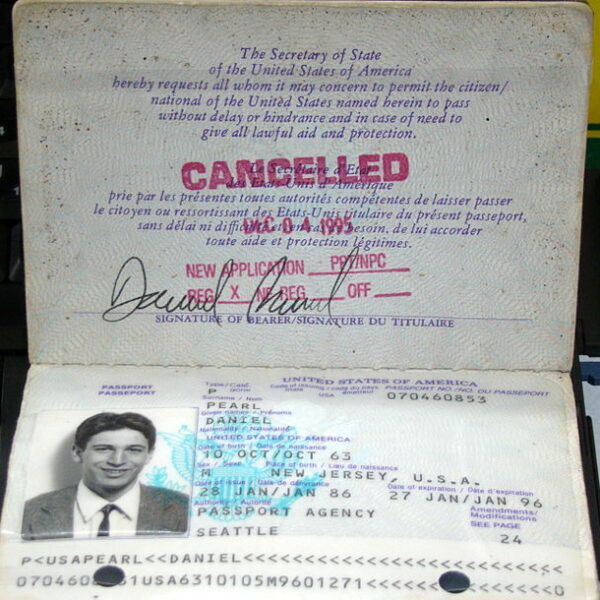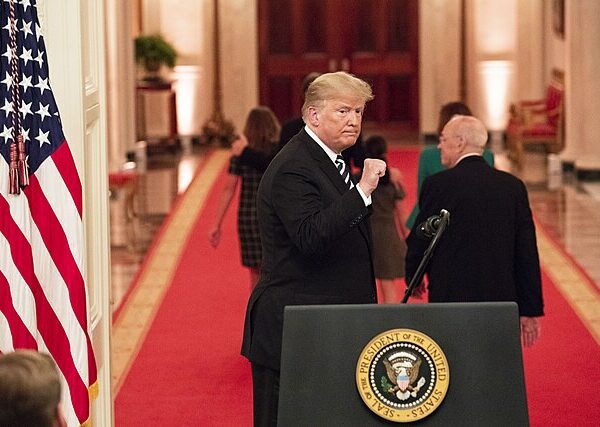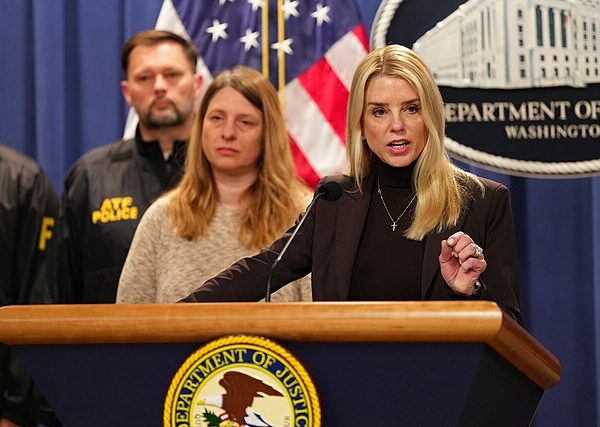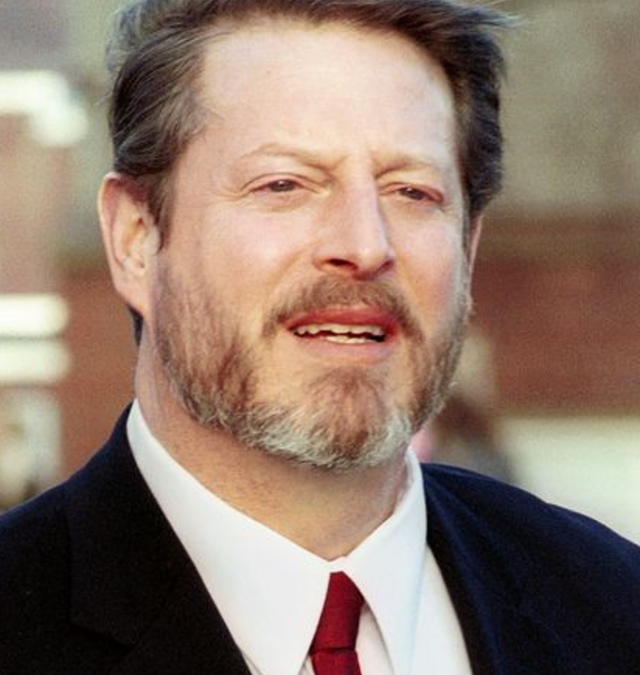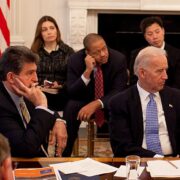
Since taking office on Monday, Donald Trump has been busy signing hundreds of executive orders ranging from renaming mountains to shutting down federal DEI offices, but one order might not stand muster.
Prominent legal scholar Alan Dershowitz expressed doubts about the legality of President Donald Trump’s executive order aimed at curbing birthright citizenship. Signed shortly after Trump’s inauguration, the executive order seeks to restrict automatic citizenship for individuals born in the United States under certain conditions. However, Dershowitz predicted on Tuesday in a conversation with The Daily Caller that the executive action may struggle to survive judicial scrutiny.
“He said he was gonna end birthright citizenship. I think birthright citizenship was a dumb idea. If I were writing a constitution, I don’t think I would put birthright citizenship in the constitution,” Dershowitz, an outspoken critic of the efforts to prosecute Trump at the state and federal levels, said. “But let me read to you what the Constitution says and then you can make your decision as to whether it applies. 14th Amendment, Section One: All persons born, born, there’s no ambiguity about that word, or naturalized. We’re talking about those that were born, born or naturalized in the United States, and here’s the critical clause, and, not or, and subject to the jurisdiction thereof are citizens of the United States.”
“OK, so, if you get what are invidiously called anchor babies. I don’t like that term, but babies who were born in the United States, to parents who have no connection to the United States: Tourists coming in to ski, and the woman goes into labor early and has a baby,” Dershowitz said. “The baby never spends more than a week in the United States, goes back to wherever, France or anywhere else, lives life as a French citizen, but then at age 60 decides, ‘Maybe I’d like to move to the United States. I’m a citizen.’ Should that person be a citizen? Of course not!”
Dershowitz delivered his opinion on the order’s chances in the courts. He said that it would likely take congressional action to define when someone was “subject to the jurisdiction of the United States.”
“I think Congress can pass that law because the Constitution doesn’t define what it means to be subject to the jurisdiction of the United States. I don’t think the president could do that. I don’t think a president can declare that a person who was born in the United States is no longer subject to its jurisdiction,” Dershowitz said. “The courts will ultimately decide that, but my best view, as somebody who studied the Constitution for a long time, is that at very least it would take congressional legislation to make a person born in the United States a non-citizen by making that person not subject to the jurisdiction of the United States.”
The 14th Amendment, ratified after the Civil War, states in Section One: “All persons born or naturalized in the United States, and subject to the jurisdiction thereof, are citizens of the United States.”
The ACLU quickly filed a lawsuit against Trump’s order, claiming it violated the 14th Amendment. Trump had previously considered ending birthright citizenship during his first term but refrained from issuing an order until now.
Supporters of Trump’s order on birthright citizenship have argued that the original authors of the 14th Amendment never intended to grant citizenship to those illegally in the country. It was only nearly a century later, when more began coming to the United States as undocumented immigrants, that the concept of simply being born on American soil conferred American citizenship.
This is your reminder that basically no one for the first 100 years after the 14th Amendment’s ratification thought that it mandated birthright citizenship for the U.S.-born children of illegal or nonimmigrant aliens.https://t.co/C3fPCAeXaq pic.twitter.com/cMwvJXJu4X
— Amy Swearer (@AmySwearer) January 21, 2025
[Read More: Bishop Embarrasses Church In Front Of President]


